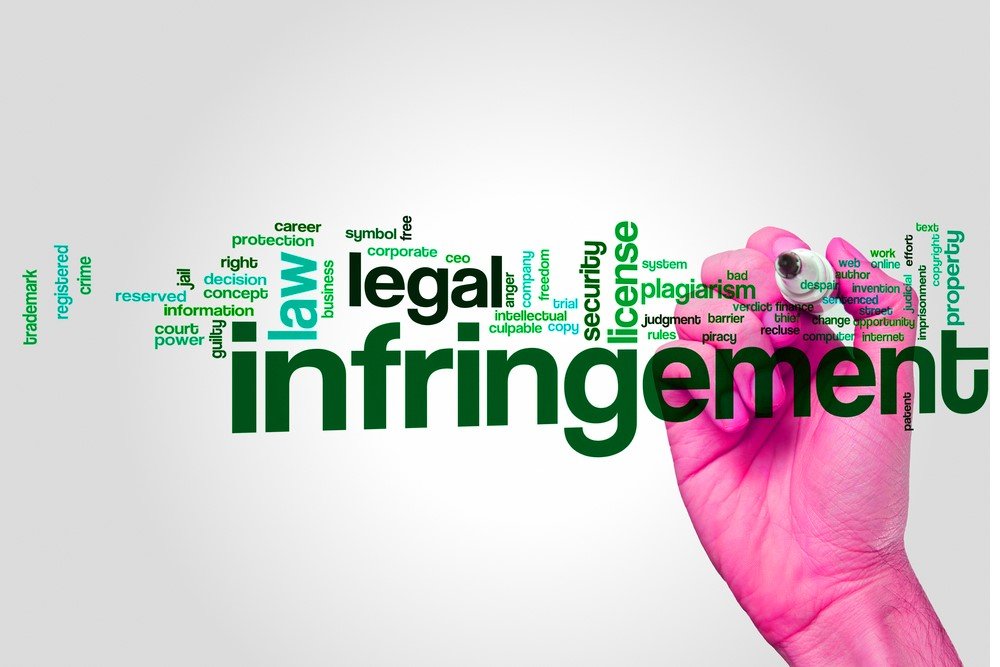The Role of Intellectual Property Law in Today’s Business World

Businesses value their intellectual property law (IPl), and IP laws help safeguard such assets. Trade secrets, copyrights, patents, and trademarks are all protected by intellectual property laws. These rules support firms in defending their novel concepts and goods, keeping their competitive advantage, and preventing unauthorized use of their intellectual property. We shall examine the function of intellectual property law in the modern corporate environment in this essay.
Contents
Basics of Intellectual Property Law
Businesses in the modern world make significant investments in research and development to produce unique goods and services that set them apart from rivals. Businesses’ original ideas and products are legally protected under intellectual property law. Intellectual property (IP) law is a broad field that deals with many different kinds of IP, such as trade secrets, patents, trademarks, and copyrights.
Different Forms of Intellectual Property
Patents
Trademarks
Copyrights
A trade secret
Why Intellectual Property Law Is Important for Businesses
In the modern world, intellectual property law is essential to economic success. To name a few, firms need IP law for the following reasons:
Innovation Protection
Innovative ideas and products developed by corporations are legally protected under IP legislation. Patents safeguard inventions and stop unauthorized use of the invention by third parties. Both trademarks and copyrights provide protection for company names, logos, and catchphrases as well as creative works like software, novels, and music.
Competitive Benefit
By preventing others from stealing their creative ideas and products, IP legislation aids firms in maintaining their competitive edge. This protection enables companies to spend money on additional research and development to produce new goods and services.
Licensing and Revenue
IP law enables companies to license their intellectual property to third parties and make money off of it. For instance, a company can grant other companies a license to use its patented technology in exchange for royalties.
brand defense
Businesses may safeguard their brand reputation and stop unauthorized use of their intellectual property with the aid of trademarks and copyrights. For firms to preserve their reputation and brand value, this protection is necessary.
Read More: Following Artegon Accident Settlement (2023)
International Defence
International protection for intellectual property is offered to enterprises by IP law. Businesses can petition for intellectual property protection in several nations, guaranteeing that their ground-breaking concepts and goods are safeguarded on a global scale.
Intellectual property law challenges for businesses
There are difficulties that firms must overcome even if IP law gives them legal protection for their creative concepts and goods. Here are some difficulties organizations may have with IP law:
Read More: Property Owners Need To Understand Attractive Nuisance Laws (2023)
Complexity
IP law is a complicated field that can be difficult for small firms to understand, especially given their limited financial means. Employing legal counsel may be necessary for businesses to comprehend and follow IP law.
Enforcement
It can be difficult to enforce IP regulations, particularly in nations with lax IP enforcement. Businesses could have to spend money pursuing legal action against infringers in order to enforce their IP rights.
Infringement
Intellectual property rights violations might cost businesses money and damage the value of their brands. Infringement can take many different forms, including theft of commercial secrets, piracy, and counterfeiting.
Trademark trolls
Patent trolls are organizations that purchase patents without intending to utilize them, but instead, use them to file lawsuits against companies on the grounds of alleged patent infringement. For firms, especially small ones with few resources, patent trolls can be a serious problem.
Conclusion
In today’s corporate world, intellectual property legislation is essential. It gives companies legal protection for their creative concepts and goods, keeps them competitive, and forbids the unauthorized use of their intellectual property. Even though IP law presents some difficulties, businesses can overcome these difficulties by hiring legal counsel, protecting their IP rights, and staying alert to risks such as patent trolls.
FAQs
Intellectual property (IP): What is it?
The term “intellectual property” refers to intangible works of art, inventions, trademarks, and trade secrets that are the result of human intellect. It consists of patents, copyrights, trademarks, and trade secrets that give inventors and companies legal protection.
How long is protection provided by intellectual property law?
Depending on the kind, intellectual property protection might last for different amounts of time. While copyrights often last for the lifespan of the artist plus 70 years, patents typically last for 20 years from the date of filing. If a trademark is being used in commerce, it can be renewed forever.
What purpose does intellectual property registration serve?
Businesses are given stronger legal protection when intellectual property, such as patents, trademarks, and copyrights, are registered. Registration creates a visible record of ownership and serves to deter unauthorized use. Additionally, it makes it possible for corporations to more successfully protect their rights when they are violated.
What are the global factors affecting the protection of intellectual property law?
The protection of intellectual property is not exclusive to one nation. Protection is made easier in numerous nations thanks to international treaties and accords like the Paris Convention and the World Intellectual Property Organisation (WIPO). In order to protect their rights internationally, businesses must take into account international IP strategies.
How can companies safeguard trade secrets?
Within a company, maintaining stringent confidentiality standards is necessary to protect trade secrets. This may entail employing secure digital systems, implementing non-disclosure agreements (NDAs) with workers and business partners, and limiting access to sensitive data. The risk of trade secret theft can be reduced by regular training and supervision.
What distinguishes a trademark from a patent?
A patent gives the creator exclusive rights to create, use, and sell the invention for a specific amount of time. It protects inventions, such as novel technology or methods. A trademark, on the other hand, is a distinguishing symbol, like a logo or a brand name, that is used to identify and set one good or service apart from others in the marketplace.
Can international laws governing intellectual property law be enforced?
To some extent, it is possible to enforce intellectual property rights all across the world. There are numerous bilateral and multilateral agreements that offer methods for enforcing IP rights internationally. However, enforcement can differ based on national legal systems and customs.






2 Comments